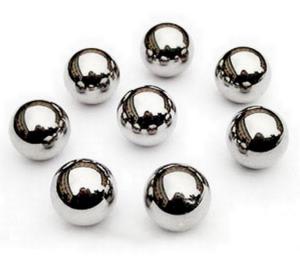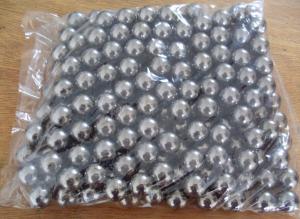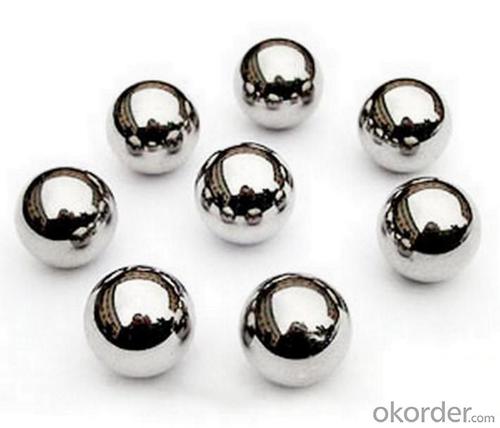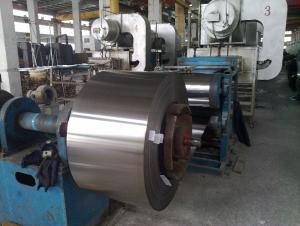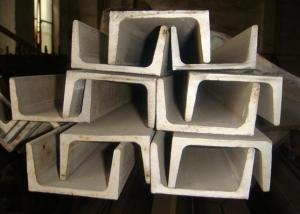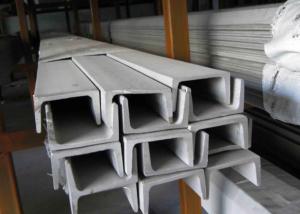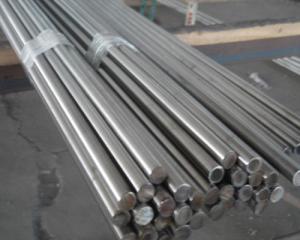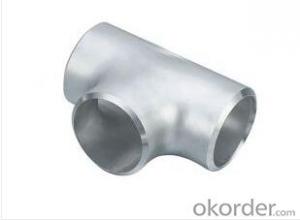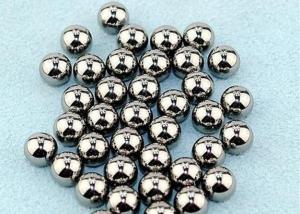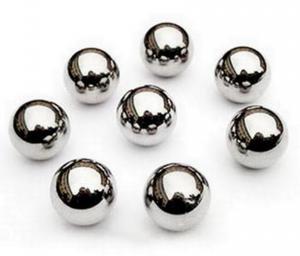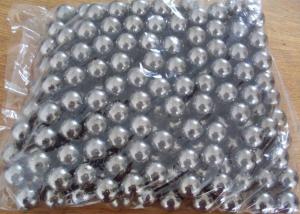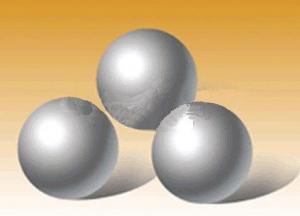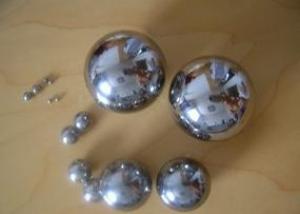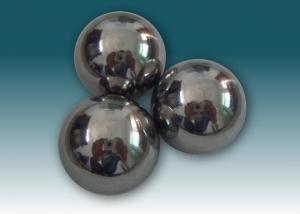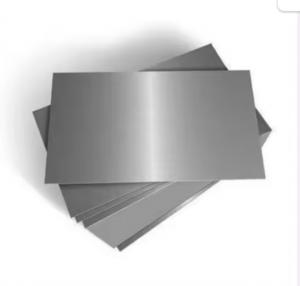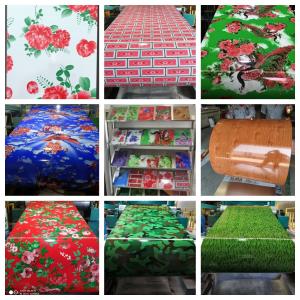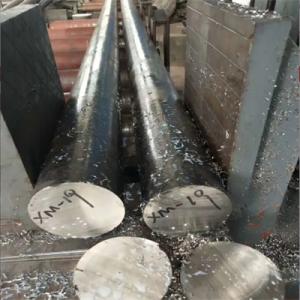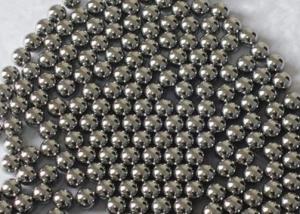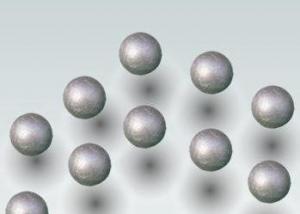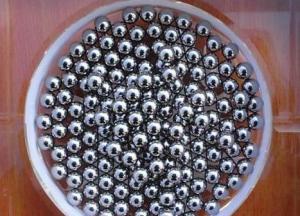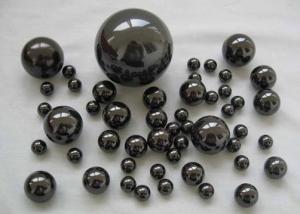Stainless Steel Balls - Union Aisi 420 430 440 SS304 316
- Loading Port:
- Shanghai Port or Others
- Payment Terms:
- TT or LC
- Min Order Qty:
- 5 Tons pc
- Supply Capability:
- 500 Tons Per Month pc/month
OKorder Service Pledge
OKorder Financial Service
You Might Also Like
|
Item |
Stainless Steel Ball |
|
Category |
Stainless Steel Ball |
|
Material |
AISI 420 430 440 SS304 316 |
|
Size |
0.5mm--25.4mm, 1/4",3/16",5/32",1/8",7/32",5/16",7/8",1" |
|
Grade |
G100-G3000 |
|
Hardness ( HRC) |
HRC58-65 |
|
Application |
Bicycle, Bearing, Pulley, Slide, Handcraft, Shelf, Luggage, Hardware, Grinding media |
|
Standard |
GB/T-308-2002, GB/T1148-93 |
|
Matched Standard |
DIN, JIS, ASME |
|
Certification |
ISO |
|
Packing |
Oily packing in pouch packing,plastic/tin box packing 1, 25kg/carton with steel pallet packing 2,25kg/carton without steel pallet packing 3,10kg/box then in wooden case packing 4,250kg/ steel drum packing or according to customers' requirement |
|
Place of original |
China |
|
Delivery |
Within 30 days or confirmed while placing order |
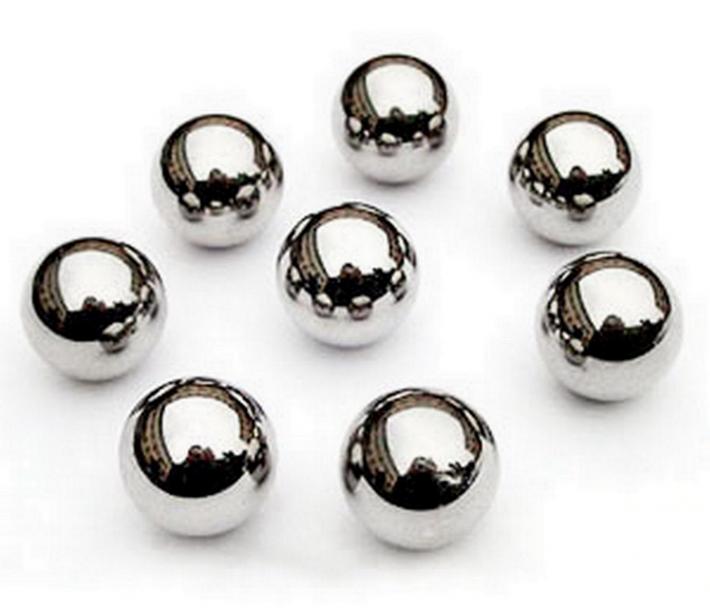
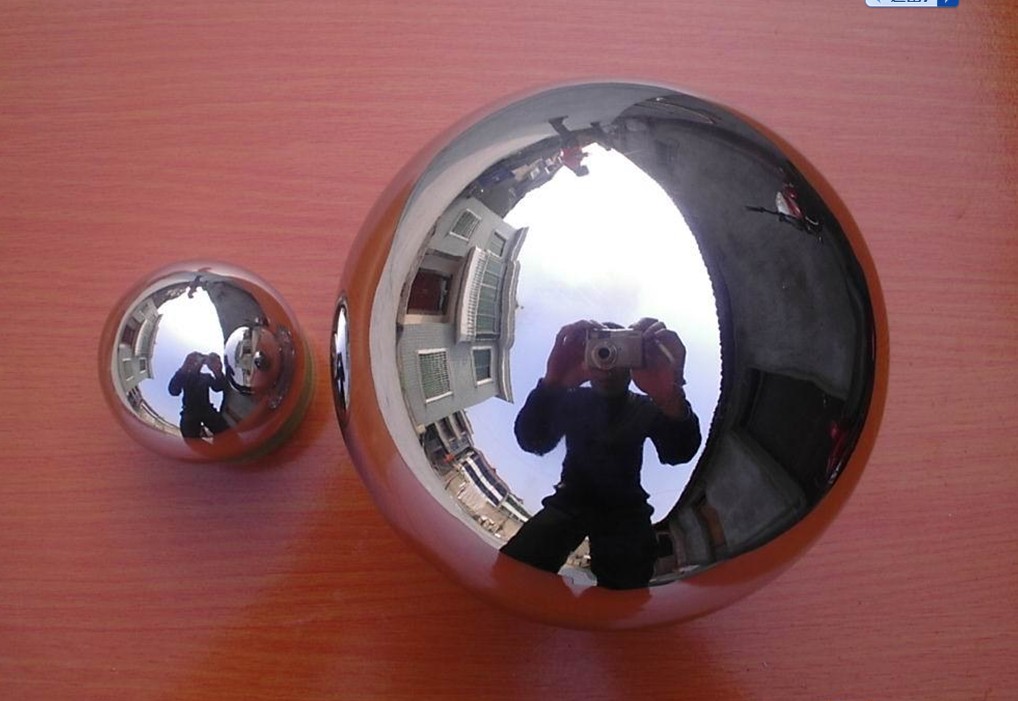
- Q:How do you measure the hardness or strength of stainless steel balls?
- Various methods can be utilized to measure the hardness or strength of stainless steel balls. One commonly employed technique is the Rockwell hardness testing method, which entails applying a specific load to the surface of the steel ball and measuring the depth of penetration. The Rockwell hardness value is then obtained from a scale, indicating the hardness level. Another method is the Vickers hardness test, where a known force is applied to the ball's surface using a diamond indenter. The resulting indentation is measured, and the Vickers hardness value is determined based on its size. Additionally, the Brinell hardness test involves indenting the stainless steel ball with a hardened steel or tungsten carbide ball. The diameter of the indentation is measured, and the Brinell hardness value is calculated using a formula. Furthermore, tensile strength testing can be employed to determine the strength of stainless steel balls. This method involves subjecting the balls to a controlled force until they fracture. The force required for fracture is measured, providing the tensile strength value. It is important to consider the specific requirements and characteristics of the stainless steel balls when selecting the appropriate testing method.
- Q:Can stainless steel balls be used in vibrating or oscillating equipment?
- Yes, stainless steel balls can be used in vibrating or oscillating equipment. Stainless steel is a highly durable and corrosion-resistant material, making it suitable for various industrial applications. It can withstand the repetitive motion and vibrations that occur in vibrating or oscillating equipment without deforming or wearing out easily. Stainless steel balls are commonly used in equipment such as sieves, screens, shakers, and tumblers, where they help to separate, classify, or agitate materials. They provide excellent performance and longevity in these applications, ensuring smooth operation and minimal maintenance requirements.
- Q:Are there any safety precautions or hazards associated with stainless steel balls?
- Stainless steel balls are generally considered safe to handle and use. However, some safety precautions should be taken while working with them. As they are heavy and dense, proper handling techniques and protective equipment such as gloves and safety glasses should be used to prevent injuries. Additionally, the high hardness of stainless steel balls may cause damage or injury if they collide with delicate surfaces or human body parts. Hence, it is important to maintain a safe working environment and handle them responsibly to avoid any hazards.
- Q:Are stainless steel balls used in textile machinery?
- Yes, stainless steel balls are commonly used in textile machinery. These balls are used in various parts of the machinery, such as bearings, rollers, and guiding systems. Stainless steel balls are a preferred choice due to their durability, corrosion resistance, and ability to withstand high temperatures and pressures. They help in ensuring smooth movement, reducing friction, and providing stability to the textile machinery during the manufacturing process. Additionally, stainless steel balls are also used in textile testing equipment for evaluating fabric quality, strength, and other characteristics.
- Q:Are stainless steel balls resistant to nitric acid?
- Yes, stainless steel balls are generally resistant to nitric acid. Stainless steel is known for its corrosion resistance properties, and it is particularly resistant to nitric acid. Nitric acid is a strong oxidizing agent that can corrode many metals, but stainless steel contains a high amount of chromium which forms a protective layer on the surface, preventing the acid from reaching the underlying metal. However, it is important to note that the resistance of stainless steel balls to nitric acid can vary depending on the specific grade and composition of the stainless steel. Some grades may exhibit higher resistance than others. Therefore, it is recommended to consult the manufacturer or supplier for information on the specific grade of stainless steel balls and their resistance to nitric acid.
- Q:Are stainless steel balls suitable for use in chemical storage tanks?
- When it comes to chemical storage tanks, stainless steel balls are a perfect fit. This is because stainless steel boasts exceptional resistance to corrosion, making it an ideal material for the storage and handling of different chemicals. The abundant chromium in stainless steel creates a protective oxide layer on its surface, serving as a shield against chemical reactions and preventing corrosion. Moreover, stainless steel's robustness and durability enable it to withstand the demanding conditions and pressures found within chemical storage tanks. Its easy maintenance and cleaning further guarantee the integrity and purity of the chemicals stored. In summary, stainless steel balls offer a dependable and long-lasting solution for chemical storage tanks, providing a safe and efficient method for storing a variety of chemical substances.
- Q:Are stainless steel balls prone to rusting?
- No, stainless steel balls are not prone to rusting. Stainless steel is a corrosion-resistant material that contains a high amount of chromium, which forms a protective oxide layer on its surface. This oxide layer acts as a barrier, preventing oxygen and moisture from reaching the metal and causing rust. However, it is important to note that the protective oxide layer can be compromised if the stainless steel ball is exposed to harsh environmental conditions or if it comes into contact with certain corrosive substances. In such cases, the stainless steel ball may be susceptible to rusting. Regular maintenance and proper care can help prevent this from happening.
- Q:Are stainless steel balls affected by exposure to chemicals?
- Yes, stainless steel balls can be affected by exposure to certain chemicals. While stainless steel is generally resistant to corrosion and oxidation, prolonged exposure to strong acids, alkalis, or other corrosive substances can cause damage to the surface of the balls. It is important to consider the specific chemical composition and concentration when assessing the potential effect on stainless steel balls.
- Q:Are stainless steel balls suitable for use in semiconductor manufacturing?
- Yes, stainless steel balls are suitable for use in semiconductor manufacturing. They possess desirable properties such as corrosion resistance, high strength, and good wear resistance, making them ideal for various applications within the semiconductor industry. Additionally, stainless steel balls can be precisely engineered to meet the required specifications, ensuring their compatibility with semiconductor manufacturing processes.
- Q:What is the maximum load capacity of stainless steel balls?
- The maximum load capacity of stainless steel balls can differ based on several factors, including ball size, grade, and quality. Typically, stainless steel balls exhibit elevated load capacities owing to their inherent strength and corrosion resistance. Nevertheless, it is crucial to refer to the manufacturer's specifications or perform load capacity tests tailored to the specific type and size of stainless steel balls to ascertain the precise maximum load capacity.
1. Manufacturer Overview |
|
|---|---|
| Location | Wuxi,China |
| Year Established | 2003 |
| Annual Output Value | Above US$8.3 Million |
| Main Markets | SouthEast Asia |
| Company Certifications | ISO9001:2000 |
2. Manufacturer Certificates |
|
|---|---|
| a) Certification Name | |
| Range | |
| Reference | |
| Validity Period | |
3. Manufacturer Capability |
|
|---|---|
| a)Trade Capacity | |
| Nearest Port | Shanghai |
| Export Percentage | 30% |
| No.of Employees in Trade Department | 30 People |
| Language Spoken: | English;Chinese |
| b)Factory Information | |
| Factory Size: | Above21,000 square meters |
| No. of Production Lines | Above 7 |
| Contract Manufacturing | OEM Service Offered;Design Service Offered |
| Product Price Range | Average |
Send your message to us
Stainless Steel Balls - Union Aisi 420 430 440 SS304 316
- Loading Port:
- Shanghai Port or Others
- Payment Terms:
- TT or LC
- Min Order Qty:
- 5 Tons pc
- Supply Capability:
- 500 Tons Per Month pc/month
Offcanvas right
OKorder Service Pledge
OKorder Financial Service
Similar products
New products
Hot products
Hot Searches
Related keywords
